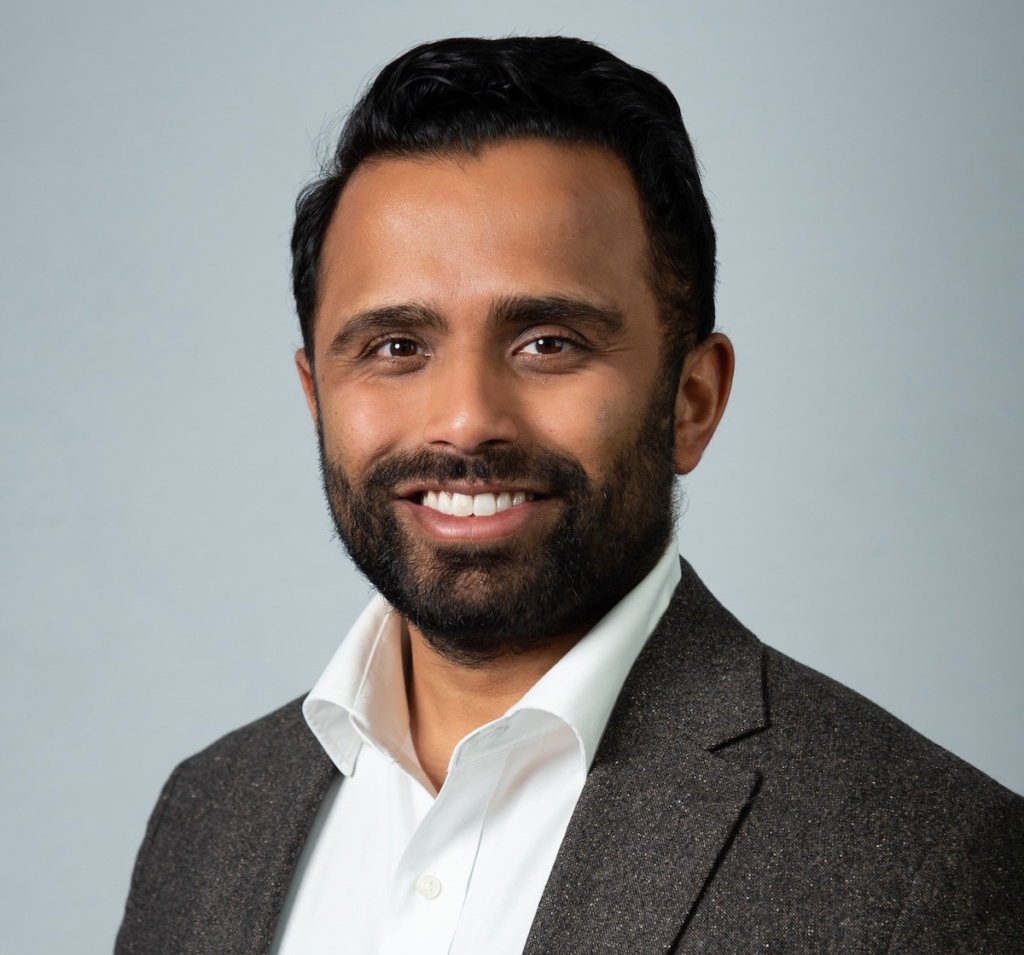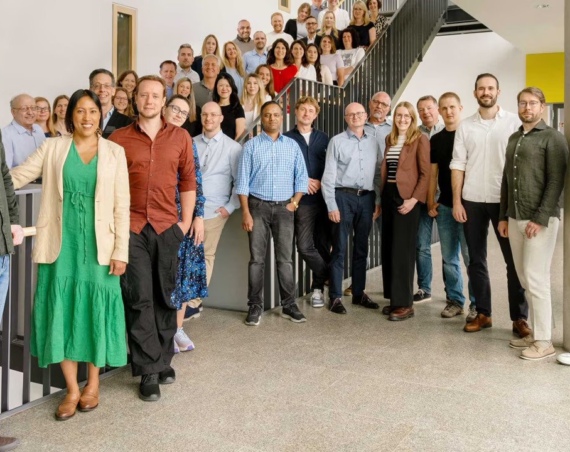
When Anand Parikh poses a question to oncologists, he already knows their answer will contradict their practice. “If you had the misfortune of being diagnosed with cancer, do you really believe that what you eat has no difference at all on your survival?” he asks. Even cancer specialists admit they believe diet matters – they just don’t have the evidence to act on that belief.
That gap between intuition and implementation drove Parikh, a corporate lawyer turned biotech CEO, to co-found Faeth Therapeutics five years ago. The company is building that missing evidence through clinical trials that combine genotype-specific diets with novel drugs, targeting the metabolic vulnerabilities of individual tumors.
“If you can align dietary interventions with the physiology of a disease and get those perfectly in tune, you could make drugs much more effective,” Parikh explains.
Now in Phase II trials for endometrial cancer, Faeth has demonstrated something remarkable: Out of 10 patients treated across early trials, four achieved complete responses – meaning no evidence of disease – while three others showed significant tumor shrinkage.
Targeting Overlooked Women’s Cancers
Faeth’s initial focus on women’s cancers wasn’t accidental. Parikh discovered that many of these diseases had been systematically overlooked. “I was surprised by how little investment there was in some of these diseases, even when the business case was compelling and represented multi-billion dollar opportunities,” he reflects.
The company targets cancers with mutations in the PI3 kinase pathway – the most frequently mutated pathway in cancer and particularly common across women’s cancers including ovarian, breast, endometrial, and cervical.
“The PI3 kinase pathway regulates and responds to insulin signaling,” Parikh explains. “Our dietary intervention in the program focuses on decreasing the insulin signal.”
While starting with endometrial cancer, Faeth has seen responses across various cancer types. “We have demonstrated responses in ovarian cancer, breast cancer, lung cancer, and hepatocellular carcinoma so far,” Parikh notes.
Precision Nutrition Based on Genetics
Rather than prescribing generic dietary advice, Faeth uses tumor sequencing – already standard practice for advanced cancers – to determine which patients would benefit from their interventions.
“As a patient you would receive genetic sequencing results. Your oncologist would recommend this intervention if appropriate,” Parikh describes. “You then receive the drugs through standard channels, and we ship a customized diet to your door twice weekly.”
This personalized approach recognizes that cancer represents hundreds of different diseases. “We’ve observed that an insulin-suppressing diet effective in one disease may actually increase cancer growth rates in another disease, like leukemia,” Parikh explains.
Faeth addresses dietary compliance through comprehensive technological support that challenges traditional assumptions about patient behavior. According to Parikh, “healthcare providers often underestimate their patients’ capabilities. But the real challenge is inadequate support systems. Traditional treatment models rely on brief, infrequent office visits with minimal ongoing assistance.”
Faeth’s patients receive meal deliveries twice weekly, plus access to a mobile app connecting them with registered dietitians. The system also tracks blood biomarkers to ensure compliance and effectiveness, with patients remaining adherent for well over a year.
Drug-Diet Synergy
Unlike companies focusing solely on nutrition or pharmaceuticals, Faeth develops both components in tandem. “We developed proprietary drugs specifically designed to work synergistically with our dietary interventions,” Parikh explains.
This integrated approach addresses a fundamental limitation. “Pharmaceutical interventions can only control internal metabolic processes,” he notes. “If you’re attempting to deprive tumors of specific nutrients, but patients consume foods rich in those same nutrients, dietary intake can counteract the drug’s effectiveness.”
Parikh’s vision extends to offering patients clear treatment choices: “Patients will be able to choose between standard drug therapy with one level of efficacy, or combination drug-plus-diet therapy with potentially increased effectiveness.”
The Next Platform Shift
Faeth’s work represents what Parikh sees as the next major advancement in oncology, following immunotherapy’s revolution. Cancer metabolism has the potential to become an entirely new pillar of cancer care.
“We need to focus on creating the next breakthrough platform rather than optimizing existing approaches,” he explains.
With 25 employees and $67 million raised from investors including Khosla Ventures and Future Ventures, Faeth is systematically building evidence that has been missing from food-as-medicine approaches. The company currently has trials open for multiple programs.
Beyond Cancer
While Faeth’s programs currently focus on women’s cancers, the company’s vision extends to rare diseases and neurological applications. “Metabolic interventions have broad applications across cardiometabolic disease, cancer, and other conditions,” Parikh explains.
As Faeth advances through clinical trials, they’re demonstrating that precision medicine and nutrition represent more than interesting research – it’s a potentially transformative approach to treating some of the most challenging diseases affecting women today, offering the possibility of better outcomes with potentially improved quality of life compared to traditional chemotherapy’s harsh side effects.



